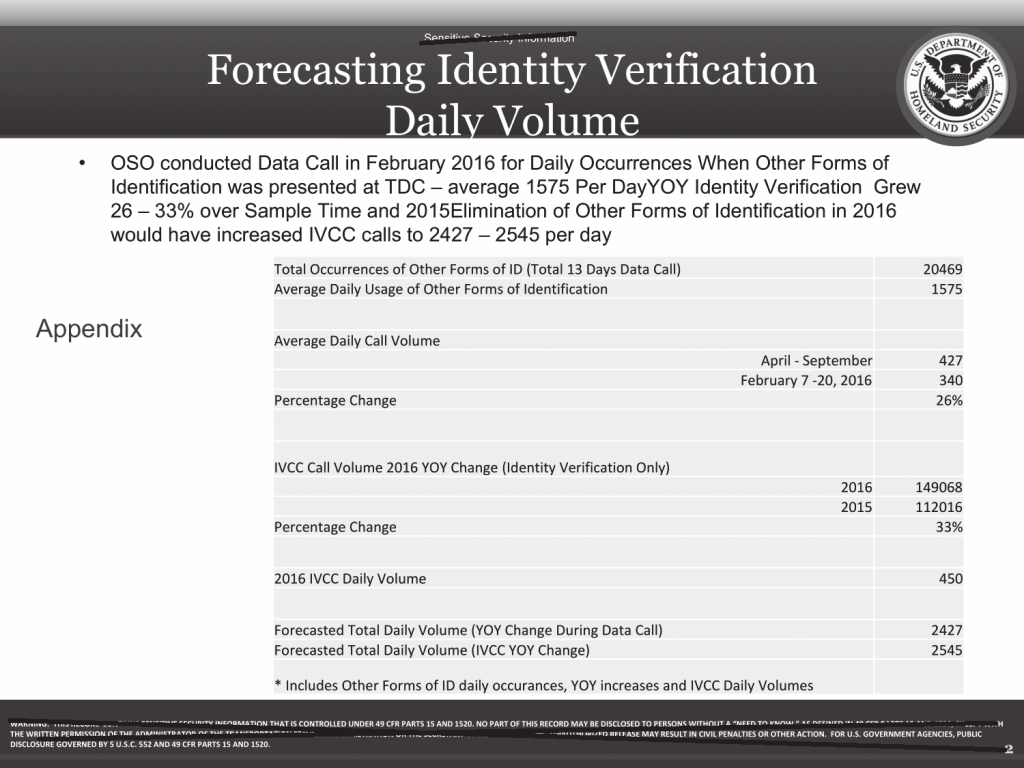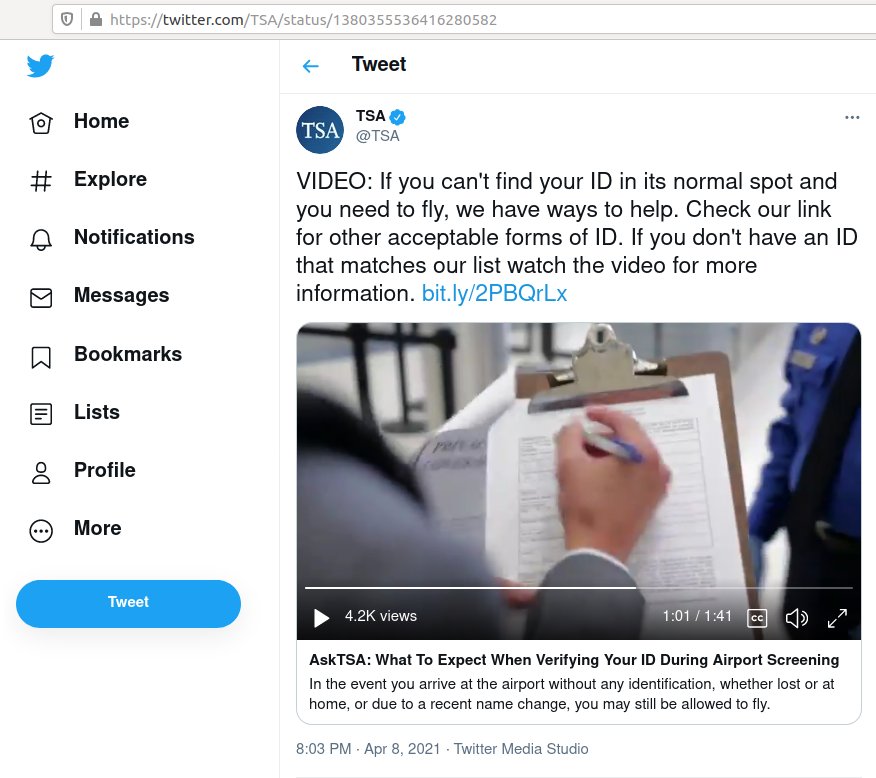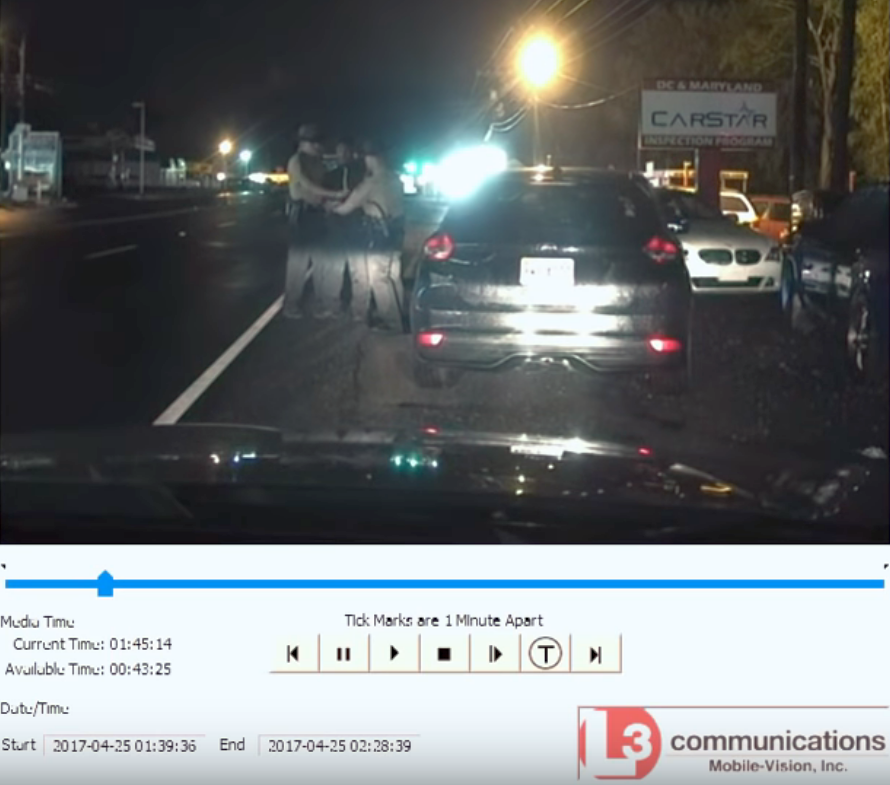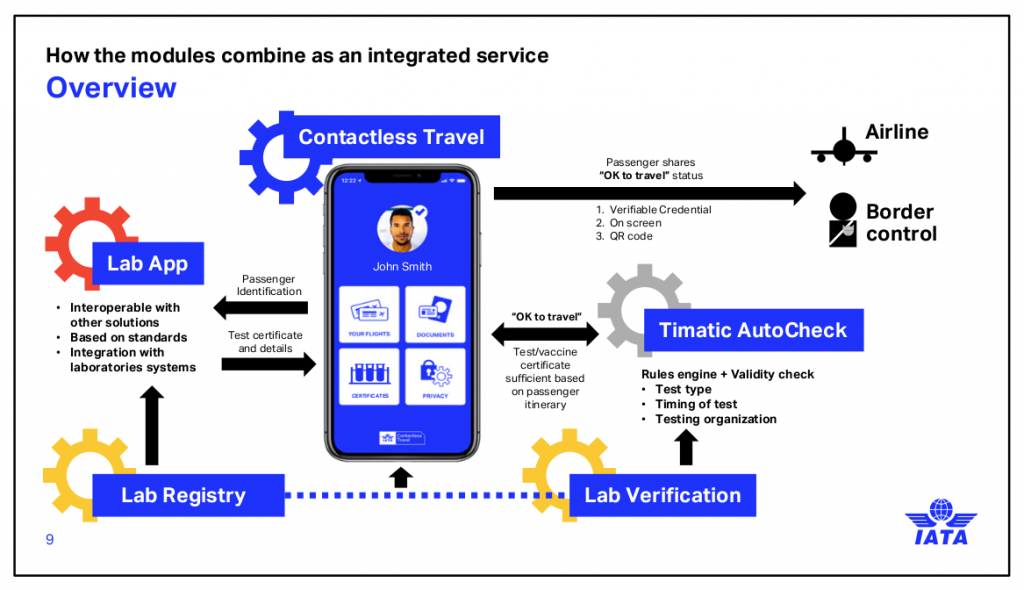Alaska may end its compliance with the REAL-ID Act
A bill introduced in the current session of the Alaska state legislature, HB 389, would end the issuance by the state of Alaska of driver’s licenses that comply with the Federal REAL-ID Act of 2005.
In addition, HB 389 would give Alaska residents “the option of having the applicant’s driver’s license photograph captured with a camera that produces a photograph in a format or with a resolution that renders the image quality insufficient for facial recognition.” The bill would require that the state Department of Administration and its Division of Motor Vehicles “shall destroy or render unusable for facial recognition purposes any photograph captured as a result of an application for a driver’s license ,” and prohibit “bulk sharing of facial images captured a result of an application for a driver’s license.”
HB 389 was introduced by Rep. David Eastman (R-Mat-Su) and is co-sponsored by Rep. Ronald Gilham (R-Kenai/Soldotna). We look forward to its consideration in the state legislature in Juneau, and to the opportunity to testify on this issue, as we did when the Alaska Legislature first debated whether to comply with the REAL-ID Act in 2006, 2007, and 2008, and again in 2017 when it reconsidered its initial choice not to comply.
HB 389 reflects longstanding sentiment in Alaska against compliance with Federal mandates for ID credentials and sharing of personal information with “outside” entities.
Even the highest official of the Transportation Security Administration in Alaska, the Federal Security Director for the state, has pointed out to his superiors in Washington that many Alaskans live off the road system and don’t need or have drivers licenses. They may be more likely to fly, and to need to fly, than to need to drive. They don’t want to have to show government-issued papers, which they might not have, in order to do so.
In 2008, Alaska enacted a law that prohibited spending any state funds on implementation of the REAL-ID Act.
Nine years later, though, the Alaska DMV defied the law by uploading information about every Alaskan with a driver’s license or state ID to the SPEXS national ID database that was created as a way for states to comply with the REAL-ID Act.
That action by the DMV to move Alaska toward REAL-ID compliance was taken “without permission from the legislature,” as Rep. Chris Tuck, Majority Leader in the Alaska House of Representatives, noted in an op-ed published in newspapers throughout the state after the batch upload of Alaskan driver’s license data to SPECS became public. The batch upload took place just as the legislature was scheduled to again consider REAL-ID compliance, and appears to have been an executive and administrative effort to preempt legislative debate.
Officials from the Alaska DMV and the U.S Department of Homeland Security claimed that REAL-ID “compliant” ID would soon be required in order to travel by air, but were unable to provide any basis for this false claim. At one of the legislative committee meeting in 2008, Rep. Tuck himself testified to his colleagues about how he had flown between Juneau and Anchorage with no ID at all when he accidentally left his wallet in his office.
The Identity Project provided extensive testimony and FAQ’s fact-checking the claims being made by the DHS and the Alaska DMV in support of REAL-ID Act compliance.
A week after we provided Alaska legislators with written testimony about the right to fly without ID, Rep. Jonathan Kreiss-Tomkins, Chair of the State Affairs Committee, passed on a very similar set of questions to TSA officials in Alaska and in Washington, DC. More than a decade after the fact, when the TSA finally responded to one of our FOIA requests, we received copies of TSA internal e-mail messages discussing how to respond to Rep. Kreiss-Tomkins’ questions — but no indication of what, if any, answer was ever provided.
At the end of the 2017 legislative session, however, Alaska legislators reversed their 2008 decision, and authorized the DMV to begin issuing driver’s licenses and ID cards that “comply” with the REAL-ID Act.
From discussion at the public committee meetings we attended, it seemed clear that legislators didn’t like the REAL-ID Act or want Alaska to comply. They didn’t like it that the Alaska DMV had taken matters into its own hands by sending information about all Alaskan drivers and ID card-holders to a private database that’s stored outside Alaska and outside the jurisdiction of any government transparency or oversight laws. But legislators felt powerless to stand up to threats — even illegal threats — from Federal officials.
We welcome the opportunity provided by HB 389 for the Alaska legislature to reconsider its 2017 capitulation to Federal extortion, and reassert Alaskans’ freedom to travel without ID.



